01.06.2021
Read Issue 1: All About the Climate Law here.
Read Issue 2: Responding to a Crisis: Climate and Corona here.
Read Issue 3: Will COVID-19 Destroy or Empower the European Green Deal here
Read Issue 4: Financing the Green Deal here
Read Issue 5: The EU Recovery Plan here
Read Issue 6: The Mercosur Trade Agreement: A Lose-Lose Deal here
Read Issue 7: Farm to Fork Strategy here
Read Issue 8: The European Climate Targets by 2030 here
Read Issue 9: How Trees Can Stop Climate Change here
Read Issue 10: Getting out of the red: The Greenhouse Gas Budget here
Read Issue 11: The case for a European Climate Change Council here
“Climate justice!” is the anthem of the youth-led climate movement. It reminds us that we’re not just fighting climate change for the planet. Climate justice is about people. Our definition of justice is broad, inclusive and intersectional. We acknowledge all kinds of oppression, challenges and people’s experiences.
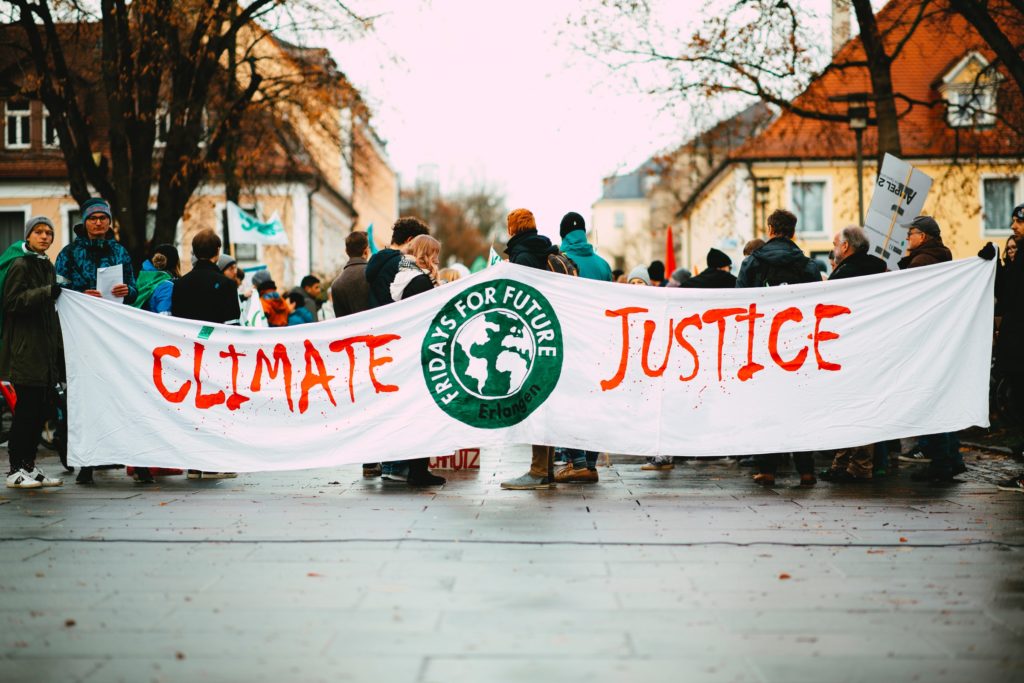
In an attempt to obtain justice, activists from all over the world are appealing to national and supranationational courts to recognise that their right to life and liberty is threatened because of the climate crisis. They are winning in an increasing number of cases, and also civil disobedience actions have been justified as they’re grounded on moral reasons. Given this, it is tempting to believe that the judicial system is our ally in the struggle to bring justice and reparation, to halt the annihilation of biodiversity and minimise the risk of social collapse due to the climate crisis. However, while citizens are trying to use the judicial system to bring social change, more often than not it is leveraged by those who want to stop it: namely, the fossil fuel companies.
Our judicial system is biased and flawed. It is regulated by human-made laws and often constrained within the schemes of the current system. An example of this is the so-called Energy Charter Treaty.
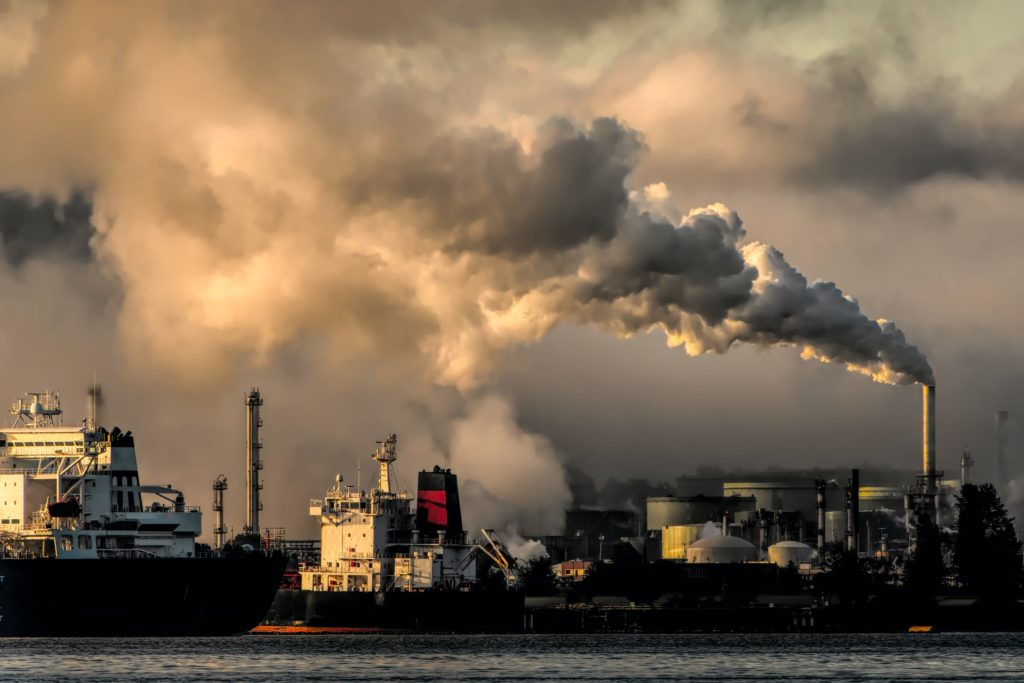
About the little-known and massively problematic Energy Charter Treaty.
Today we use about 100 million barrels of oil, every single day. While there are no rules to keep that oil in the ground, the international legal system contains some loopholes that protect fossil fuel companies from having to implement the energy transition. This possibility is granted by the Energy Charter Treaty.
The Energy Charter Treaty was adopted in the 1990s and is an international agreement applied in more than 50 countries – mostly Western – with rights for foreign investors in the energy sector at its core. Its original aim was to protect investments in states with uncertain legal situations, namely in the former Soviet Union region. Fast forward to the present day and this reasoning is totally outdated. Now the treaty represents a major threat to carbon neutrality.
In essence, it gives foreign investors in the energy sector the power to sue states over government actions that ‘damage’ or ‘threaten’ their investments. In many cases, it ends up protecting fossil fuel profits – the same ones that are driving us to the brink of mass extinction and climate breakdown.
In the first ten years of the agreement, very few cases were opened. This number has increased by more than 400 percent in the last decade. Moreover, 74 percent are lawsuits brought by EU investors against EU states. The total number of cases is impressive: more than any other investment treaty ever signed.
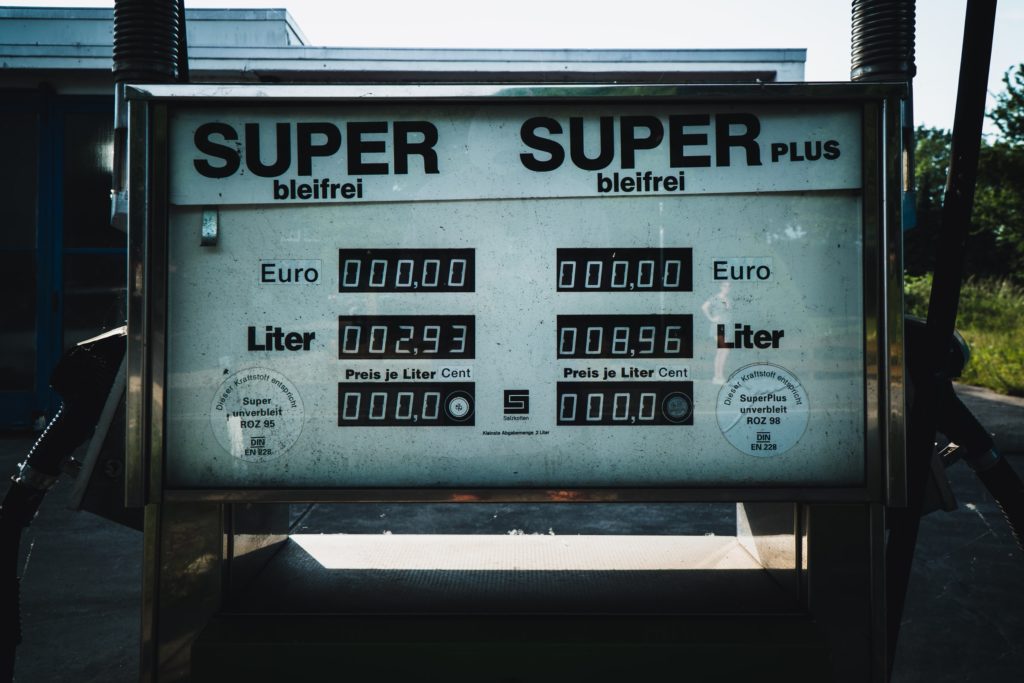
Why is the Energy Charter Treaty bad for climate change?
In legal jargon, they call it an investor-state dispute settlement through private arbitration tribunals. What it means is that foreign investor corporations use a secretive external court system, often stacked in their favour, to stop, slow-down or massively increase the social cost of the energy transition.
The very existence of the Energy Charter Treaty gives corporations enormous power to lobby governments, threatening them with legal action. If a government decides to stop a new oil or gas pipeline, withdraw drilling permits or exit coal, companies can make a claim for ‘debts’ that the government supposedly owes them for the loss of future profits they would have made with business as usual.
The fossil fuel assets protected by the treaty include oil and gas fields, gas pipelines, fast power plants, coal power plants and LNG terminals. This, of course, is basically a kind hand-out to fossil fuel companies. The Energy Charter Treaty also makes governments reluctant to raise their climate target ambitions because they are afraid of being sued by energy companies for ‘the (financial) damages’.
Even when governments dare to champion green policies, the fossil fuel companies still end up pocketing a lot of money that should instead be used to fund the just transition, making sure that the switch to renewable energy doesn’t unfairly impact people’s lives and livelihoods.
For a long time, fossil fuel companies have been aware of climate change and of the devastating consequences of their activities. They knew that we needed to move away from a fossil system but kept making plans and investments to take more of our precious resources out of the ground. In doing so, they created a bubble of stranded assets: reserves of fossil fuels counted in the budget as future revenues but that – given the desperate need to decarbonize – risks not being recoverable, and therefore becoming very expensive.
The youth taking the streets to protest are pointing out that this is immature and irresponsible behaviour. Somebody has to pay the price for the mess that has been created. The question is… who should pay it? Is there any possibility of justice if the Energy Charter Treaty is forcing citizens to pay billions in taxes to fossil fuel companies?

Should the Energy Charter Treaty be fixed…. or scrapped?
There are negotiations on the modernisation of the Energy Charter Treaty happening right now, but it’s very unlikely to lead to any meaningful changes. Amending the treaty requires unanimity from all the member countries, but there is no agreement that the treaty needs to be reformed at all, let alone the need to phase-out fossil fuel protection.
The former EU Commissioner for Climate Change – Connie Hedegaard – has said that ‘the Energy Charter Treaty is an obstacle to achieving the EU’s climate targets. We must withdraw from it now.’ In July 2019, the Commission received a mandate from the Council to start negotiations to its “modernisation”. So far, four negotiation rounds have taken place, with the next one planned for June 2021. While the EU is the main driver of this process, even its own proposal contains huge loopholes, as it does not want to get rid of the protection for fossil fuels before modernisation, and it intends to keep protecting gas power plants and pipelines.
Even with the most ambitious discussions on the Energy Charter Treaty being implemented, it will never become a tool that would be helpful in the fight against climate change. It’s completely incompatible with the European Green Deal and with the EU’s climate targets.
And, if you still need convincing, the treaty is also inherently anti-democratic. It gives private companies the power to use tribunal cases shrouded in secrecy, without transparency or public accountability.
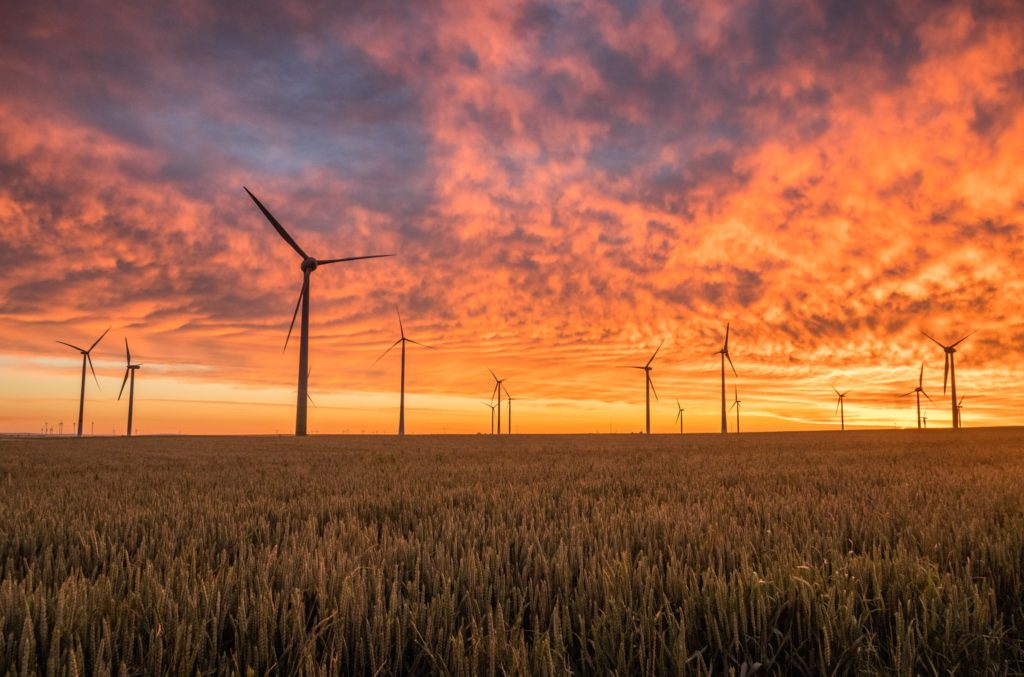
Help us fight for climate justice – let’s get out of the Energy Charter Treaty!
If we want to stop climate change and achieve climate justice, the EU has to withdraw from the Energy Charter Treaty. This is not as easy as it sounds. The treaty includes a provision for a 20-year zombie clause, known romantically as the sunset clause, that allows companies to continue suing governments even after they have left the treaty. This is already happening in Italy, which left the treaty in 2015 and is nonetheless facing a legal procedure for having stopped an oil drilling concession after civil society mobilized against it. Italian citizens now risk losing up to US$350 million in taxes to a private company.
The odds are stacked against us, but there is still lots we can do. Civil society, non-governmental organisations (NGOs) and climate movements are calling out for the EU to withdraw from the Energy Charter Treaty.
A petition has been launched demanding that EU Member States withdraw from the treaty, and to stop its expansion to other countries.
It is not right that corporations can get richer with taxpayers’ money by halting the EU’s efforts to stop the climate crisis. Withdrawal is the only acceptable option.
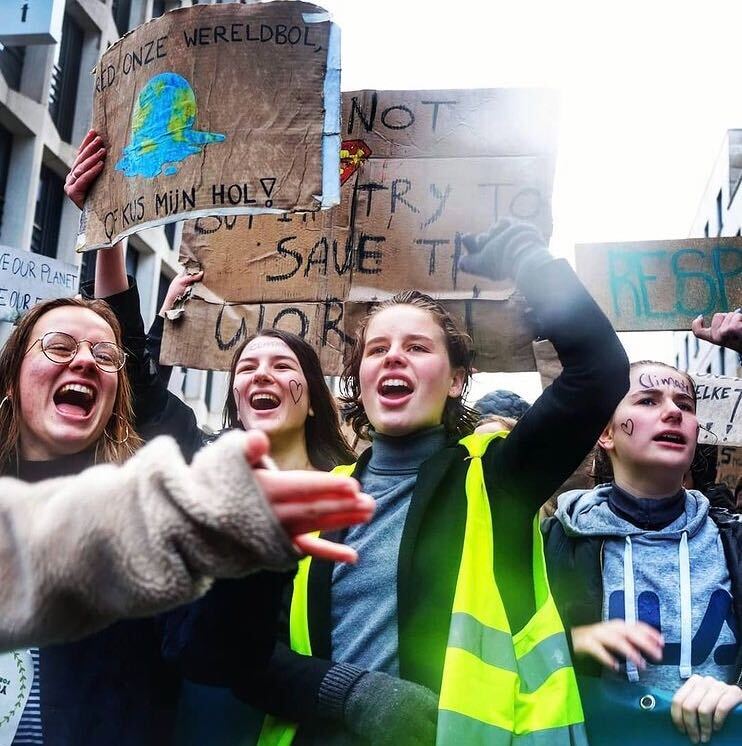
Anuna De Wever 
Marco Pitò
We are Anuna De Wever and Marco Pitò, two climate activists active in the Fridays For Future movements in Italy, Belgium and on an international level.
We have campaigned on various EU policies together like the Common Agriculture Policy, The Climate law and the Mercosur-trade agreement. The green deal was the Eu’s green promise to be carbon neutral by 2050. In these blogs we lay out all the different aspects of the green deal and build the bridge between the climate activists in the streets and the politicians in the European Parliament. We would like to offer young activists more information about the internal trade-offs to pressure the right points, and debate with our politicians to show them there are millions of people all around the world ready and waiting for change.


